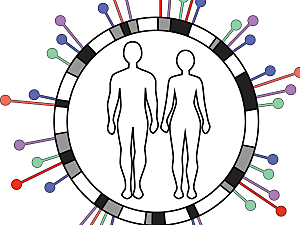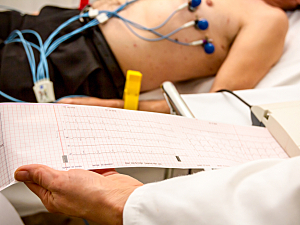Million Veteran Program Affirms Advice to Limit Red Meat Intake

Using a very large U.S. prospective cohort from the Million Veteran Program, Brigham and Women’s Hospital researchers report that a higher intake of red meat, either processed or unprocessed, was associated with a higher risk of cardiovascular disease.
Read More...







